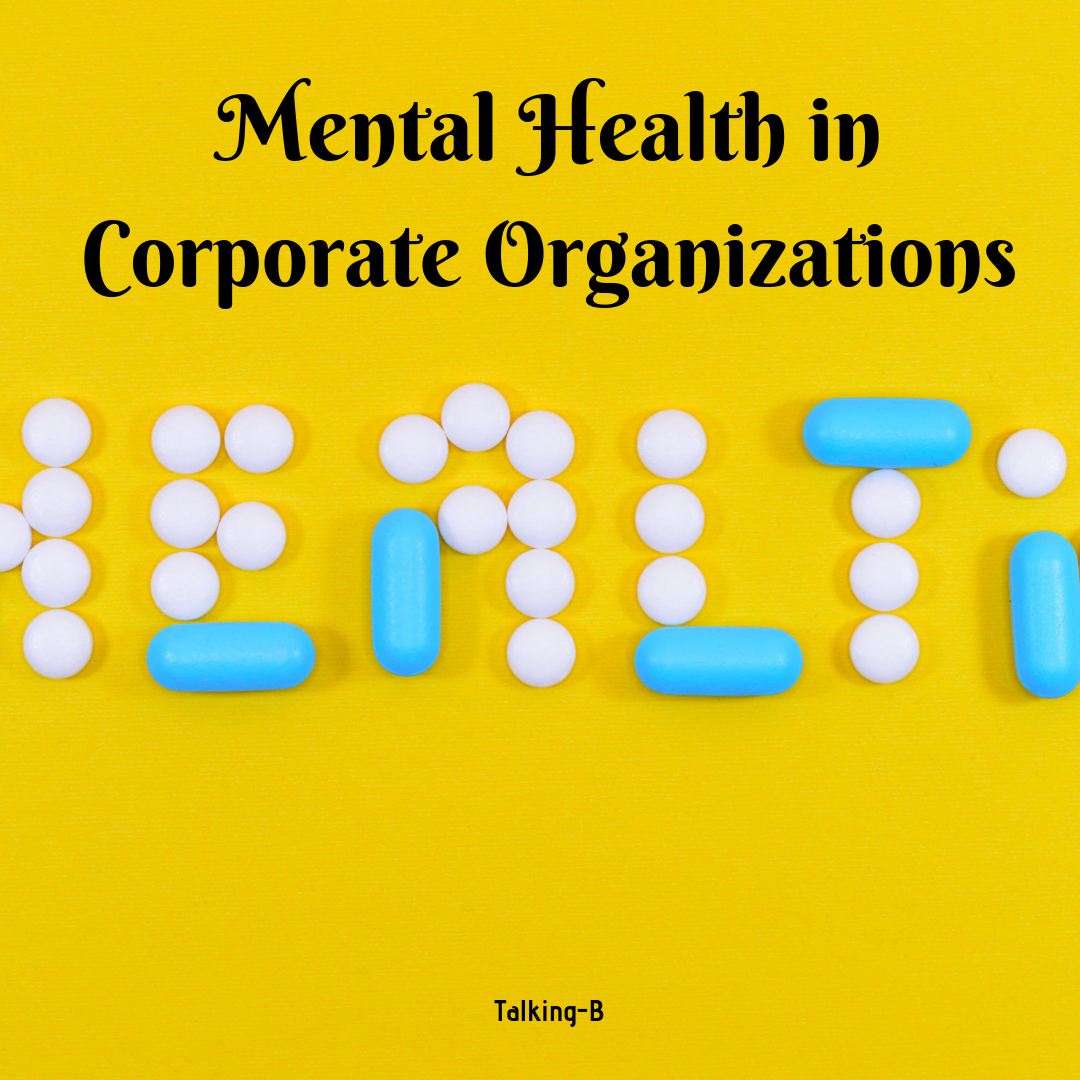Employment and its relevance have shifted grounds over the years for many reasons and the same can be said about the condition of engagement, working conditions, and output. Things were different before the inventions of machines as people engage grossly in primary survival activities like farming, fishing, and hunting which encompasses trading and transportation with time.
Upon the introduction of machines during the industrial revolution, there were several other employment opportunities and exposures which include the printing press, mass production of several products with the advancement in transportation and communication et al. This evolution eventually gave birth to information age when almost everything is computerized and interlinked with the intensified use of the internet. There has been a persistent rise in the expectations of employers (government inclusive) from their employees to deliver excellently in the ever competitive market where there are millions of qualified but unemployed substitutes ready to replace any worker or staff lacking in any way. Thus, the struggle knows no boundary leading to several challenges in our corporate organizations.
Millions of people across the globe especially middle class upward dress up for work daily to fulfill tasks they are being paid for, spending most of their daily hours carrying out activities simply to be able to pay bills and feed their family. But, very few are enthusiastic with what they do while, some feel lost and completely out of place suffering from several vices such as depression, fatigue, rejection, frustration, mental disorder among others. Inevitably, the organization, the employers and even the employees suffer though not drastically but might never be able to regain their relevance if, swift actions are not strategically taken on time. In view of these, the importance of mental health in corporate organizations cannot be overemphasized.
No sane human look forward to developing any of the aforementioned vices upon the reception of their appointment letters but as the hyper moments wear off, reality sets in and the real work begin. The determinants start taking tolls on them, shaping their lives in accordance with the strategies in place camouflaged in the working condition available, leadership approach to getting results, enormous pressure in relation to timeframe, psychological effects of mistrust on opinion and efficiency of staff, bad interpersonal relationships, lack of opportunity to advance, minimal wage growth and lack of room for flexibility. Any of these causes is capable of breaking an employee causing a distortion in the loop of the organization output and most times, they are contagious.
Promoting mental health is, therefore, a smart way of keeping a business abreast of its potentials by the employers basically, through the human resources (HR) department trained to observe lapses or changes in employees, detect the missing link and provision of comprehensive care for the affected employees. No employer should allow its employee to lose the spark and enthusiasm of the job by micromanaging them if it can be helped, they deserve individual freedom of choice to achieve goals in order to feel accomplished. In conclusion, we should all remember always that, we work to live, not live to work.


6 comments
Though Energetic and admonishing,
Who’s going to take the lead???
Hello Mr. Adewale, thank you very much for reading. We believe that we all have a role to play. The RH department may introduce innovative styles and better working incentives but, if the employee isn’t self-motivated, determined and loves his/her job then nothing changes, the burn out may continue.
Awesome 😍
Thank you very much sir for reading. We hope you got it all together at work 😃😉
Yes, very true
In a world where many are underemployed, and are not getting value for their time and work done, that’s not a sane economy. While trying to figure out how to go about it though, one can only try to derive joy (find pleasure) from what ever it is you do.